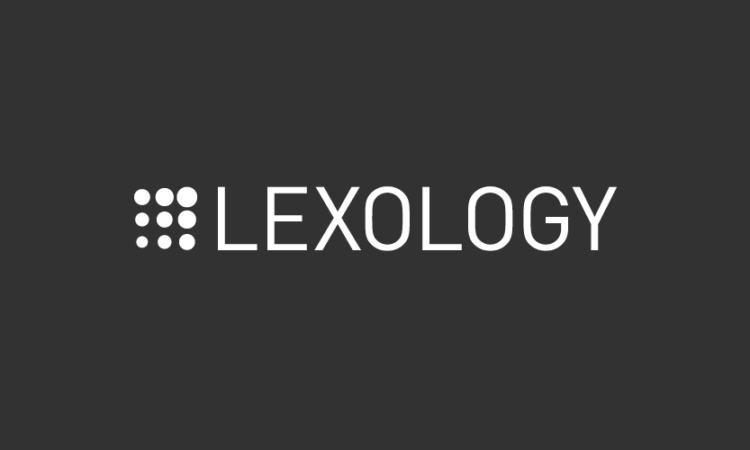
Introduction
Extension of FCA Rules to financial promotions in relation to qualifying cryptoassets
Implications for those making financial promotions in relation to cryptoassets
Enforcement
On 8 October 2023, the Financial Conduct Authority (FCA) published new rules (FCA Rules) relating to the financial promotion of cryptoassets following legislation to bring promotions in relation to qualifying cryptoassets within the scope of the UK Financial Promotions Regime (the Regime) under section 21 (restrictions on financial promotion) of the Financial Services and Markets Act 2000 (FSMA). The FCA Rules extended the Regime to cryptoassets to capture financial promotions capable of having an effect on UK consumers in order to address potential consumer harms and ensure consumers appreciate any investment risks. The FCA Rules apply alongside existing obligations on relevant cryptoasset service providers carrying on business in the United Kingdom to obtain FCA registration under the Money Laundering, Terrorist Financing and Transfer of Funds Regulations 2017 (the MLRs).
Extension of FCA Rules to financial promotions in relation to qualifying cryptoassets
The FCA Rules make it a criminal offence to communicate a financial promotion in relation to qualifying cryptoassets unless the promotion:
- has been made by a person authorised under FSMA (authorised person);
- has been approved by an authorised person; or
- is made by a person registered with the FCA under the MLRs, unless an exemption applies.
What constitutes qualifying cryptoasset subject to the FCA Rules is intentionally broad and includes any cryptographically secured digital representation of value or contractual rights, that can be transferred, traded or stored electronically (including through distributed ledger technology) that are fungible and transferrable (qualifying cryptoassets). This definition will capture many cryptocurrencies (eg, Bitcoin), stablecoins and utility tokens. Importantly, out of scope of the FCA Rules are any non-fungible tokens, digitally issued fiat currency or e-money tokens. However, whether any particular cryptoasset is within scope of the FCA Rules will need to be determined on a case-by-case basis considering the characteristics of the relevant cryptoasset.
“Financial promotion” is broadly defined and captures any “promotional” communication that is an invitation or inducement to any controlled activity (which includes dealing, arranging deals, managing or providing advice) in relation to a qualifying cryptoasset. The FCA Rules are technology agnostic, which means that what is considered a financial promotion applies irrespective of the technology platform or medium used.
Reflecting the scope of the Regime, the FCA Rules have global effect – they apply to all persons making financial promotions capable of having an effect in the United Kingdom, even if such persons making the financial promotion are outside of the United Kingdom.
Alongside the FCA Rules, non-technical aspects of cryptoasset financial promotions (eg, matters relating to offence, social responsibility, superiority claims, fear and distress, and other claims that do not relate to the specific characteristics of the product), will continue to be subject to the CAP Code as regulated by the UK Advertising Standards Authority.
Implications for those making financial promotions in relation to cryptoassets
Anyone wishing to make cryptoasset financial promotions that have an effect in the United Kingdom must be an authorised person, have such promotions approved by an authorised person, or be registered with the FCA, unless an exemption applies.
Any financial promotions must adhere to a set of rules applicable to Restricted Mass Market Investments set out in the FCA Handbook Conduct of Business Sourcebook (COBS) aimed at ensuring consumers receive timely, high-quality information that enables them to make effective investment decisions without being pressured, misled or inappropriately incentivised to invest in products that do not meet their needs or risk tolerance.
Those seeking to make or approve financial promotions in respect of qualifying cryptoassets must ensure compliance with the following requirements:
- Promotions must be fair, clear and not misleading.
- Clear and prominent risk warnings and risk summaries, which can be referenced using a link, must be provided.
- There must be no incentives to invest (eg, refer a friend or new joiner bonuses).
- Direct offer financial promotions will also need to be accompanied by a cooling off period, personalised risk warning and an appropriateness risk assessment.
The FCA has published updated guidance on the FCA Rules regarding how the rules might be applied in practice. While it is not technically necessary to follow the guidance to achieve compliance, if a person acts in accordance with the guidance, then the FCA will treat that person as having complied with the rule or requirement to which the guidance relates.
Within a day of the FCA Rules coming into effect, the FCA reported that it had issued 146 alerts about noncompliant cryptoasset financial promotions and maintains a warning list of persons that are not authorised to operate in the United Kingdom. The FCA has powers to take down illegal content, to issue public warnings or to initiate enforcement actions which could include injunctions, orders for compensation or, in the most serious cases, criminal prosecution. The FCA also has powers to restrict authorised persons from approving cryptoasset financial promotions under FSMA section 55L, and within two days of the FCA Rules coming into effect demonstrated its willingness to exercise these powers by publishing details of restrictions on rebuildingsociety.com Ltd.
Many firms have faced significant challenges preparing for the FCA Rules, particularly compliance with “back end” requirements, such as ensuring a cooling-off period or conducting appropriateness assessments. Many would-be proponents of cryptoasset financial promotions, particularly those based outside of the United Kingdom seeking to target UK customers that may not have previously considered MLR registration let alone becoming an authorised person, have taken steps to ringfence UK-targeted services while they assess their position to ensure compliance with the Regime.
For further information on this topic please contact Sarah MacDonald, Jason Fisher or Marcus Bagnall at Wiggin by telephone (+44 1242 224 114) or email (sarah.macdonald@wiggin.co.uk, jason.fisher@wiggin.co.uk or marcus.bagnall@wiggin.co.uk). The Wiggin website can be accessed at www.wiggin.co.uk.






